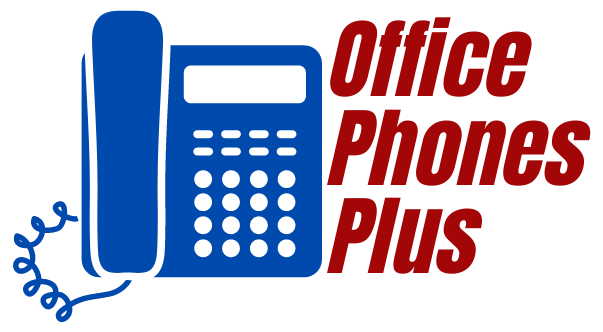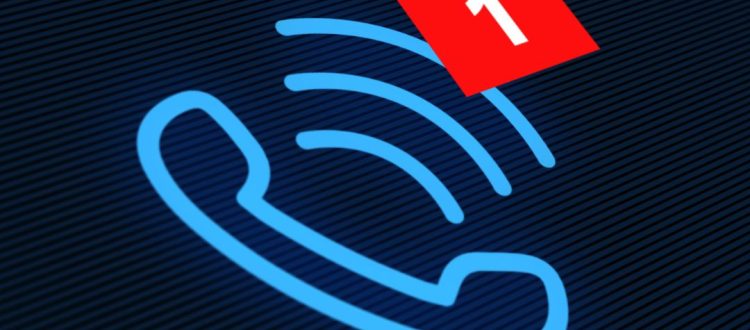Are You Missing Business Calls?
If you’re a business owner, we don’t have to tell you it’s a fast-paced world out there — you already know it! Potential customers come onto your radar quickly and might be gone before you know it. Many of them are looking to have their problems solved and their needs addressed as soon as possible. The only problem is that you aren’t by your phone 24 hours a day, and even if you were, there are only so many business calls you can take.
Communication technology has made huge advancements over the years, but even with all the developments, missed business calls continue to be a huge problem. Think about all the many reasons you might miss a call if you’re relying on an old-fashioned phone line at your office: inclement weather, unexpected employee absences, or just an overwhelming call volume your team can’t accommodate. Is it any wonder so many businesses have trouble getting to every call?
What’s The Problem With Missed Business Calls?
“That’s okay if I miss a few calls,” you might be thinking. “They’ll just leave a voicemail.”
Or will they? The reality of doing business in 2024 is that fewer and fewer people leave voicemail messages when somebody doesn’t answer the phone. Statistics show that even though 80% of calls go to voicemail, a mere 20% of those callers are actually leaving messages. So if you’re counting on the chance to get back to all those potential customers whose calls you missed, you’re going to be disappointed — you likely won’t even know they called you.
What are they doing instead? They’re finding somebody else. When your business isn’t available, they move to a competitor. If that competitor has a system set up to take their call whenever and wherever guess who is going to get that customer’s business.
Advanced Phone Systems Alleviate This Problem
Whichever business is prepared to take calls whenever they come in is going to be the business that gets the customer. An advanced phone system provides the advantage in this situation, and if you’re not using the technology available to you, your customer might be.
A modern business phone system offers a full suite of features that are designed to eliminate the problem of missing calls. Here’s what you could be using and how it could change your communication strategy:
Auto Attendant and Interactive Voice Response (IVR)
This is a feature that provides your incoming callers with a menu of options. These automated answering services can recognize speech commands and route your callers to the proper department quickly and efficiently. If the caller is reaching your business at a time when nobody is available, the IVR can encourage them to leave a voicemail and assure them when they can expect to hear back from someone. (Ideally, sooner rather than later.)
Call Queueing
Nobody wants to hear a busy tone when they call. Instead, your caller will be placed into a queue and told their position in line and their estimated wait time. This feature will hold a call until a representative is available and is likely to cut down on a customer’s frustration by encouraging transparency.
Remote Access
This lets your employees access their calls from anywhere they’re connected to the internet, whether that’s through a mobile app or a desk phone connected to the internet. This gives them the flexibility to take calls even if they aren’t at their desk in the office, which is especially important today when many employees are working remotely.
Voicemail Management
If you can encourage your customers to leave voicemails, these management features make it easier for you to access those voicemails even if you’re not actually able to get to a phone. The system can transcribe voicemail to email and send you a notification through a mobile app. You can respond to messages during non-business hours, either by providing a callback or by sending an email.
Don’t Forget Answering Services
When you have fluctuating call volume (but only so many members of your team), it gets tough to ensure every single call is taken by a trained professional. This is why many businesses prefer to outsource their calls to virtual receptionists or answering services. When you use these services, a professional person (that is, not a virtual automated voice) talks to the caller, takes messages, schedules appointments, processes payments, or handles other inquiries just as if they were any other member of your team.
Continuity Matters When It Comes To Customer Service
Remember that continuity assures your customers you are reliable in all aspects of how you run your business. Therefore, being consistent is the most important thing you can do. If you have an automated phone system one day and then an answering service the next, or if a voicemail is sometimes returned within two hours and other times returned within a week, your customers will start to wonder whether they can rely on your business for consistent service in other aspects.

